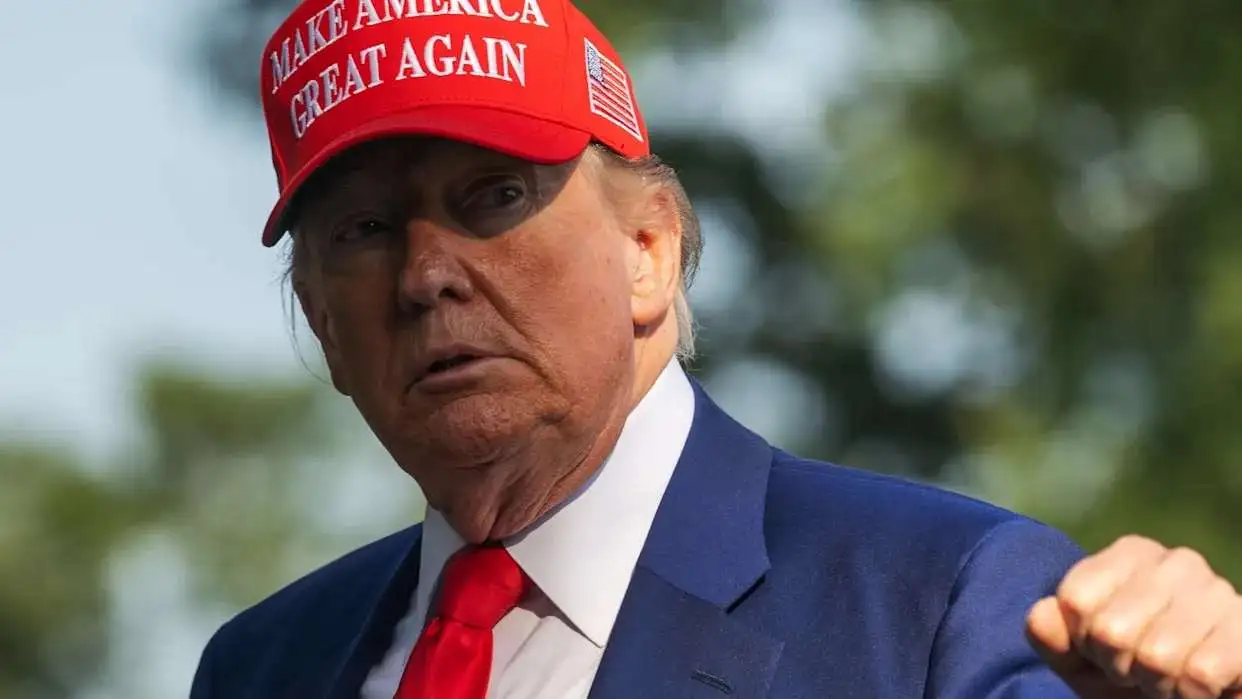
The United States has expanded its aggressive trade policy by imposing hefty new tariffs on exports from Algeria and Libya, marking a significant shift in Washington’s approach to global economic relations.
Announced on July 9, 2025, the tariffs form part of a broader strategy under former President Donald Trump aimed at prioritizing American industry and recalibrating international trade balances perceived as unfair.
Under the new measures, Algeria faces a 30% tax on selected exports to the US, while Libya will pay 29%. These two Maghreb countries are among six nations targeted in this latest round of customs duties, alongside Iraq, Moldova, Brunei, and the Philippines.
This follows a similar announcement made just days earlier that affected seven additional countries, bringing the total number of states hit by Trump’s escalating tariff regime to thirteen within a single week.
The White House has framed these protectionist moves as essential steps to defend US manufacturers and workers from unfair competition and trade imbalances.
However, the repercussions for Algeria and Libya could be profound. Algeria, already vulnerable to global market fluctuations, risks additional strain on its key export sectors.
Libya, struggling with fragile economic conditions after years of political unrest, faces mounting pressure on its limited trade avenues.
In response, officials in Algiers are expected to consider compensatory support measures to help exporters weather the tariff shock. Meanwhile, Libya may seek alternative markets or diplomatic negotiations to mitigate the fallout.
Experts suggest these developments could accelerate both countries’ efforts to diversify their economic partnerships beyond traditional Western channels.
Economic stakeholders across the Mediterranean are now closely monitoring further details about the specific products affected and the precise terms of enforcement.
With trade relations entering a new phase of uncertainty, Algeria and Libya confront tough choices amid an increasingly protectionist global environment shaped by Washington’s assertive customs policies.



